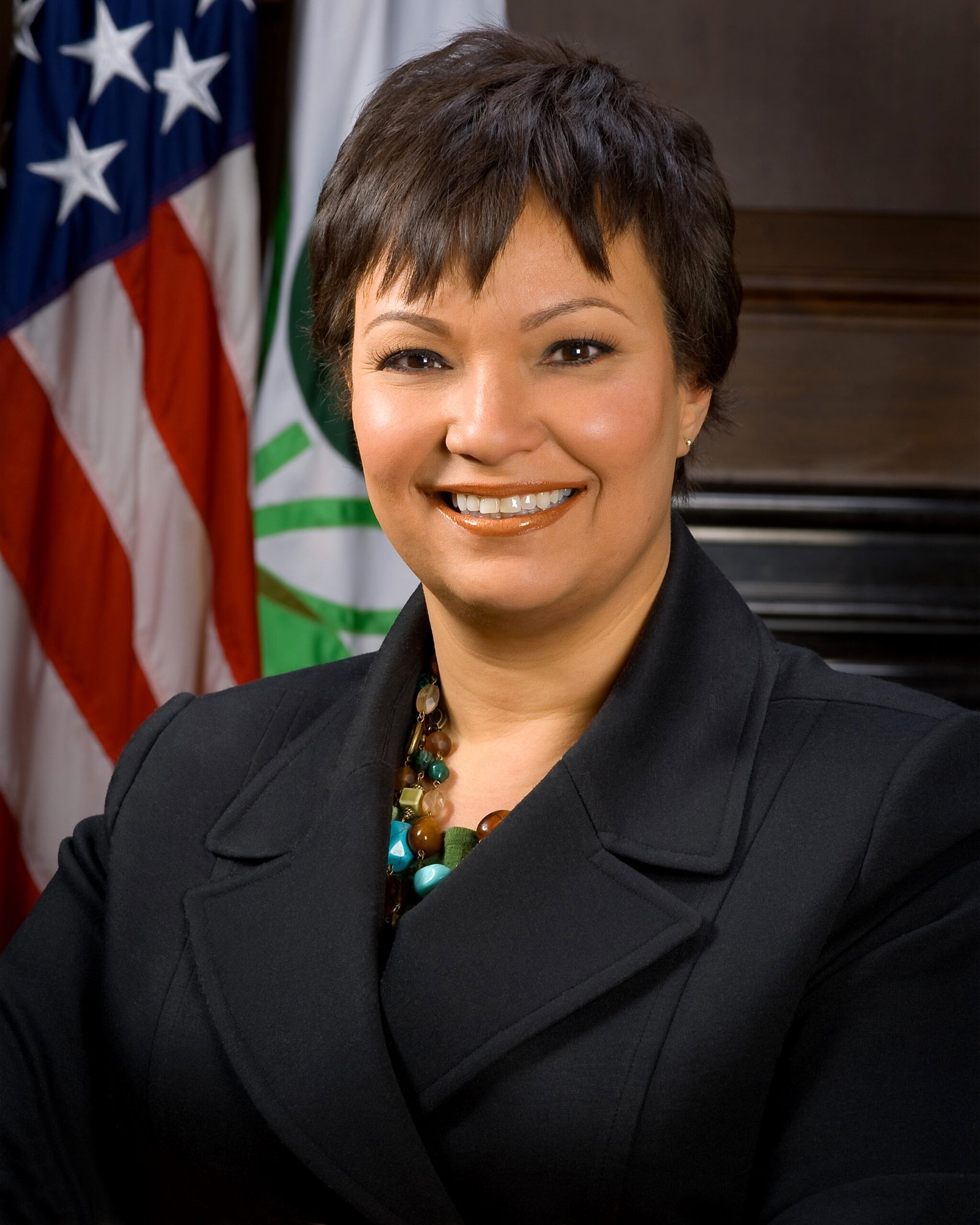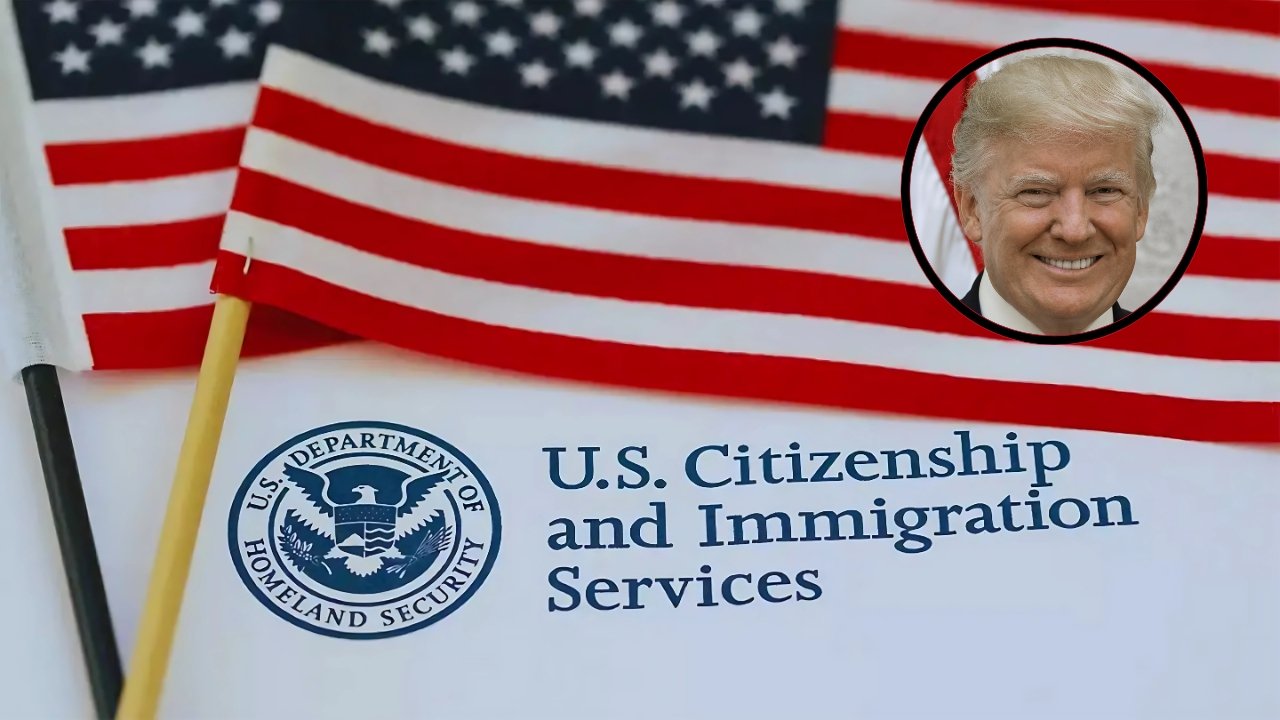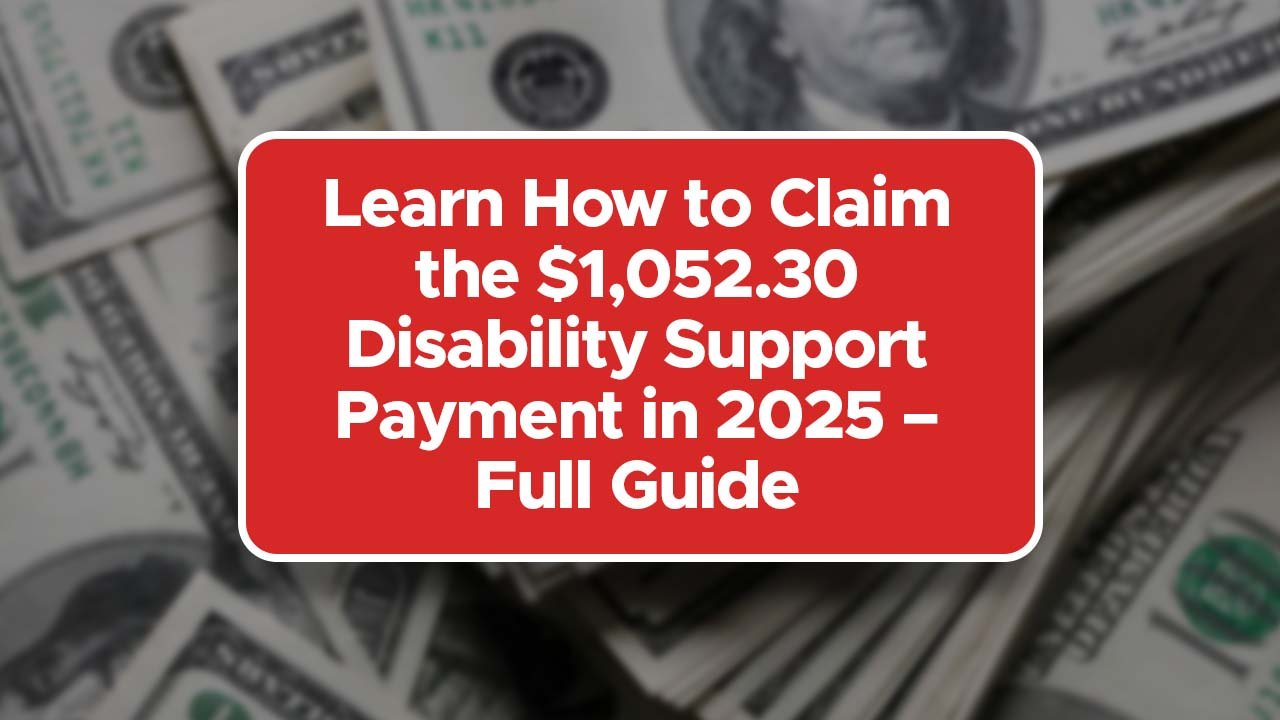New policies concerning U.S. citizenship naturalization procedures issued in 2025 by the Trump administration narrows possible citizenship vetting and background checks in relation to the new naturalization procedures. These modifications have dramatically altered the civics test and other associated components that includes citizenship patrols, background checks, and character assessments.
| Field | Requirement |
|---|---|
| Age | Minimum 18 years |
| Residency | 5 years as green card holder |
| Moral Character | Community involvement |
| Civics Test | 12/20 correct, 128 questions |
| Language | Basic English proficiency |
New Naturalization Civics Tests
Beginning on October 20, 2025, the Naturalization process now includes a new and enhanced civics test as an addition to the civics policies. Candidates in the civics portion have a fresh 128 question test, out of which they now must answer 20 of the 12 to qualify, as opposed to the previous six out of ten. This demonstrates the intention of the administration to delve deeper and replenish the gaps that exist in the understanding of U.S history and the U.S government.
The administration officers to whom the tests have been entrusted can terminate the test if a candidate has reached the set scores of either 12 or 9. These two figures represent correct and correct answers respectively. Such actions emphasize the administration commitment to having new citizens who have total allegiance and enough commitment to emerge on the right side of the American values and institutions.
Greater Consideration of Character and Community Involvement
Besides changes to the tests, USCIS officers undertake a more detailed analysis of an applicant’s character and conduct. This assesses more than just the absence of misconduct, but also whether they have engaged in positive activities like community service and paying taxes. Assessing moral character and good citizenship is mandatory.
Community Service is a vital element and positive contributions to the community are mandatory.
To strengthen this, the administration has reintroduced neighborhood checks, a process that has been inactive since 1991, where officers attempt to gather testimony from neighbors, employers, and co-workers to establish an applicant’s character and fitness for the position. These border check processes. These additional processes provide a more integrated evaluation with community activities.
Removal of Unjustified Exceptions and Heightened Penalties for Fraud
The rules now contain more detailed review processes for exceptions to the requirements of English and civics, blocking potential avenues for applicants to circumvent the basic requirements of language and civics. Anyone that engages in the actions described as unlawful voting, registering to vote in the absence of legal status, or making false claims to citizenship will be automatically barred from naturalization. These actions are there to protect the citizenship of the United States with more stringent laws.
Birthright Citizenship Reform
Complementary legislative efforts, such as the Birthright Citizenship Act of 2025, narrows the automatic acquisition of citizenship by birth to children of U.S. citizens and lawful permanent residents. It also continues the trend of restricting nationality acquired by birth. Although this bill is awaiting legislative approval, it serves as a manifestation of the reformulated attitude towards immigration policy change that the administration has taken.











